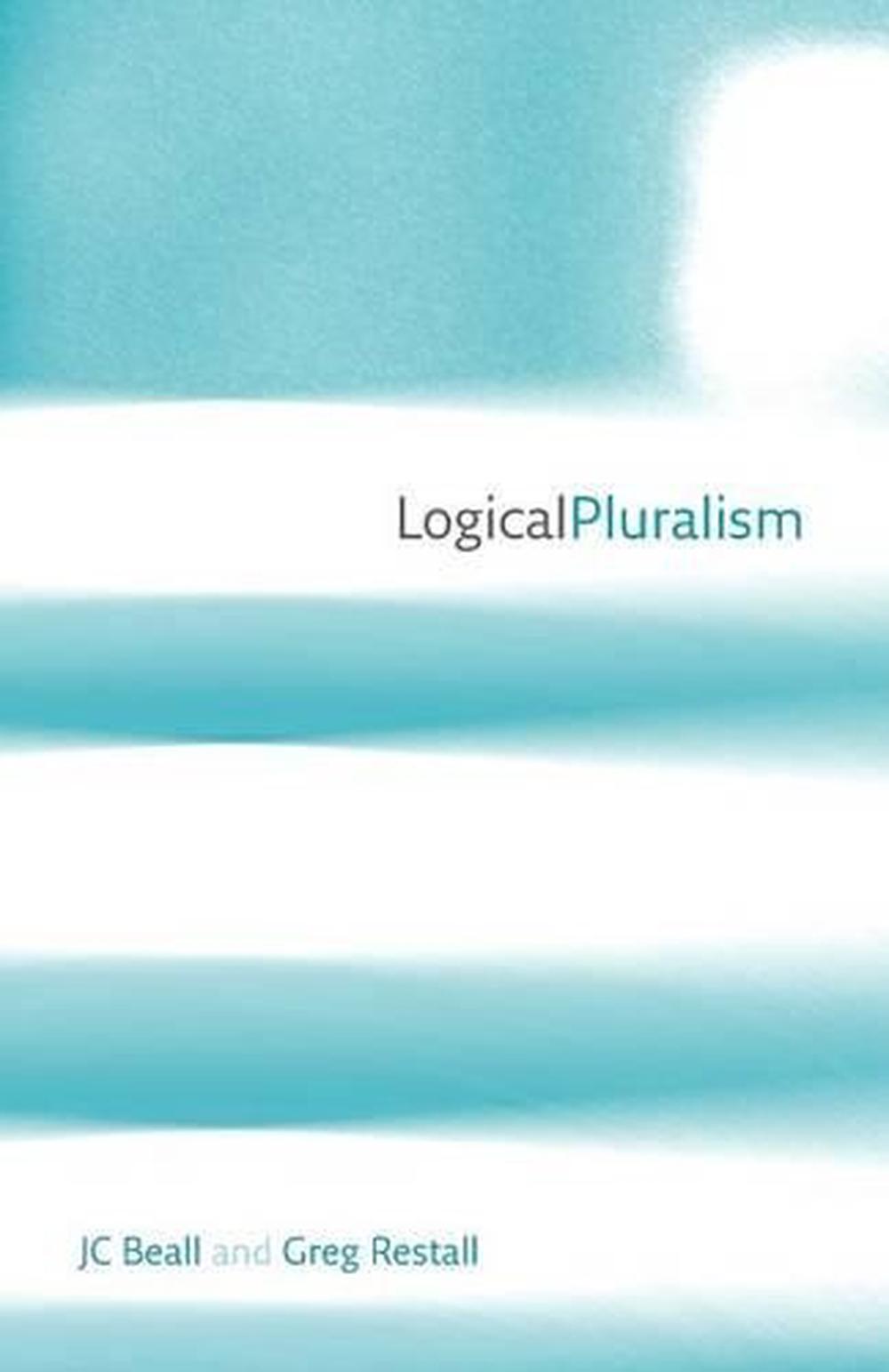
When you click on links to various merchants on this site and make a purchase, this can result in this site earning a commission. Affiliate programs and affiliations include, but are not limited to, the eBay Partner Network.
Logical Pluralism by Greg Restall (English) Paperback Book

- Item No : 365410373334
- Condition : Brand New
- Brand : No brand Info
- Seller : the_nile_uk_store
- Current Bid : US $76.08
-
* Item Description
-
The Nile on eBay

Logical Pluralism
by Greg Restall, JC Beall
Consequence is at the heart of logic. This book provides an account of consequence, and offers a tool in the evaluation of arguments. It presents and defends logical pluralism, the view that there is more than one genuine deductive consequence relation, a position which has profound implications for many linguists as well as for philosophers.
FORMAT
PaperbackLANGUAGE
EnglishCONDITION
Brand New
Publisher Description
Consequence is at the heart of logic; an account of consequence, of what follows from what, offers a vital tool in the evaluation of arguments. Since philosophy itself proceeds by way of argument and inference, a clear view of what logical consequence amounts to is of central importance to the whole discipline. In this book JC Beall and Greg Restall present and defend what thay call logical pluralism, arguing that the notion of logicalconsequence doesn't pin down one deductive consequence relation; it allows for many of them. In particular, they argue that broadly classical, intuitionistic, and relevant accounts of deductive logic are genuine logicalconsequence relations; we should not search for one true logic, since there are many. Their conclusions have profound implications for many linguists as well as for philosophers.
Author Biography
JC Beall is at University of Connecticut. Greg Restall is at University of Melbourne.
Table of Contents
I. Preliminaries1: Introduction2: Logical Consequence3: Pluralism DefinedII. Logics4: Classical Logic5: Relevant Logic6: Constructive Logic7: Variations & Loose EndsIII. Objections, Replies, Other Directions8: General Objections9: Specific Objections10: Other Directions
Review
Beall and Restall have produced a highly readable monograph whose important topic, clarity, directness of argument...first-rate discussion commends it to philsosophers' attention. Alexander Paseau, Mind Journal Logical Pluralism presents a challenge to the proponents of alternative logic, and even to classical logicians who find alternative logics interestingly mistaken. In a short book, the authors not only raise deep issues, they also provide neat thumbnail sketches of a range of logics...theirs is a challenge that must be met, and meeting it adequately is not easy. Every logician should read this book. Stephen Read, Notre Dame Philosophical Reviews
Promotional
A short, punchy guide to a groundbreaking development in logic.
Long Description
Consequence is at the heart of logic; an account of consequence, of what follows from what, offers a vital tool in the evaluation of arguments. Since philosophy itself proceeds by way of argument and inference, a clear view of what logical consequence amounts to is of central importance to the whole discipline. In this book JC Beall and Greg Restall present and defend what thay call logical pluralism, arguing that the notion of logical
consequence doesn't pin down one deductive consequence relation; it allows for many of them. In particular, they argue that broadly classical, intuitionistic, and relevant accounts of deductive logic are genuine logical consequence relations; we should not search for one true logic, since there are many. Their
conclusions have profound implications for many linguists as well as for philosophers.Review Text
"An excellent and balanced guide to the state court criminal justice process..."
Review Quote
Beall and Restall have produced a highly readable monograph whose important topic, clarity, directness of argument...first-rate discussion commends it to philsosophers' attention.
Feature
A short, punchy guide to a groundbreaking development in logic
Authors are renowned for their work in this field
Profound implications for all philosophers and many linguistsDetails
ISBN0199288410Author JC BeallShort Title LOGICAL PLURALISMLanguage EnglishISBN-10 0199288410ISBN-13 9780199288410Media BookFormat PaperbackDEWEY 160Place of Publication OxfordCountry of Publication United KingdomIllustrations black & white illustrationsDOI 10.1604/9780199288410UK Release Date 2005-11-24AU Release Date 2005-11-24NZ Release Date 2005-11-24Edited by Howard FergusonBirth 1953Affiliation Head of the School of Modern Languages, University of BristolPosition Head of the School of Modern LanguagesQualifications JrPages 152Publisher Oxford University PressYear 2005Publication Date 2005-11-24Alternative 9780199288403Audience Professional & VocationalImprint Oxford University Press


-
- NO GRID Survival Projects
- $ 37.00
















